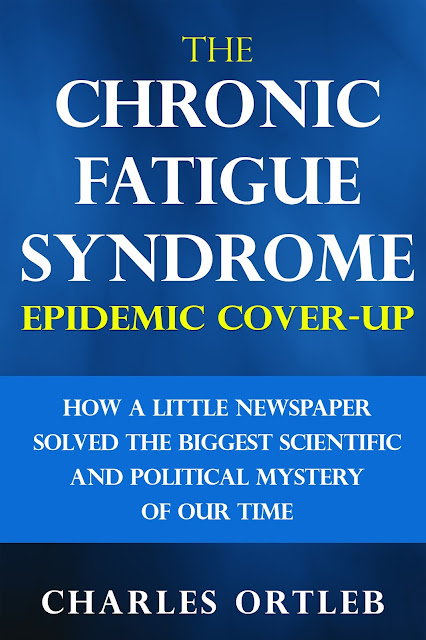Perplexity on Rebecca Culshaw Smith, and PrEP as Genocide
Rebecca Culshaw’s Substack articles establish a foundation for arguing that the mass promotion and use of PrEP (pre-exposure prophylaxis) in HIV prevention could be considered a form of “genocide,” rooted in several lines of critique that challenge both the scientific and ethical underpinnings of the intervention.
Critique of Efficacy Claims
Culshaw repeatedly questions the reliability of the efficacy data cited for PrEP, especially the widely publicized claim of “99% effectiveness.” She critiques the primary studies behind this figure, particularly the UK “Impact Trial,” highlighting that its actual observed efficacy was only 86%, and that even this figure is derived from retrospective, less scientifically rigorous analysis. She emphasizes that PrEP, to justify the aggressive and potentially coercive marketing campaigns behind it, should meet a much higher bar of evidence given its target population often consists of healthy individuals. By questioning what she perceives as statistical manipulations and lack of demonstrable, reproducible trial evidence, Culshaw suggests the marketing of PrEP is based on deceptive premises that systematically mislead the public.
Safety and Harm
Culshaw places significant focus on the risks and toxicity associated with antiretroviral drugs—of which PrEP is an example—arguing that their potential harms may outweigh their supposed preventive benefits for most users. She draws parallels to previous drugs like AZT, which were once hailed as revolutionary but later shown to cause serious adverse effects. She implies that by exposing large populations to these drugs under deceptive claims, institutions are prioritizing pharmaceutical profit and regulatory expedience over individual well-being.
Ethical and Social Arguments
Culshaw’s narrative frames the PrEP rollout as coercive and misleading, with aggressive public health messaging targeting people at low or ambiguous risk. She notes that this “scandal” is enabled by blurred ethical standards and by a lack of informed consent rooted in scientific misrepresentation. The implication is that health authorities and pharmaceutical companies are willing to jeopardize large, mostly healthy populations, which, in her framing, amounts to a reckless disregard for life and bodily autonomy.
Genocide Argument: The Foundation
In sum, Culshaw’s work lays the intellectual groundwork for calling PrEP “genocide” in the following way:
If the HIV/AIDS paradigm is fundamentally flawed or false, as Culshaw asserts, then the entire basis for mass PrEP use disappears, making its aggressive deployment an unjustifiable medical experiment on healthy populations.
If PrEP drugs cause net harm and are pushed with deceptive science and marketing, the result is foreseeable, avoidable, and large-scale damage—especially as affected populations are often minorities or marginalized groups.
By documenting these patterns as systemic, intentional, and reinforced by institutional force, her Substack frames the situation in ethical language that could be extended to claims of “genocidal” policy, given either intent or criminal disregard for consequences.
This synthesis demonstrates that while Culshaw may not use the word “genocide” directly, her Substack content offers a structured line of reasoning that can be taken up by others wishing to make such a claim. The groundwork lies in her critiques of efficacy, safety, consent, and institutional motivation














